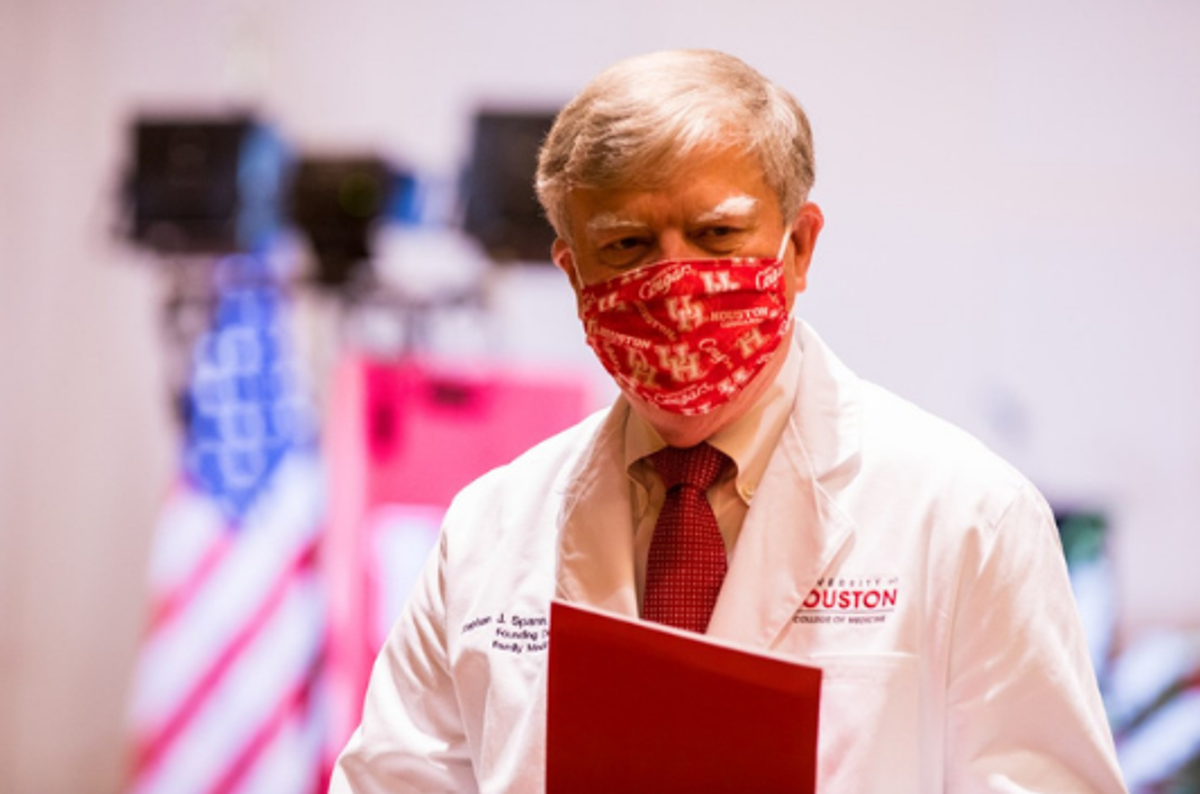University of Houston scores $1 million from top Texas foundation
A HEALTHY BOOST FOR THE COOGS
One of the most prestigious foundations in Texas has made a generous gift to a local university's fledgling medical department. The M.D. Anderson Foundation has pledged $1 million to the University of Houston College of Medicine, UH announced.
The sizable gift is meant to establish the M.D. Anderson Foundation Endowed Professorship in Medicine, specifically to recruit a leader in health care to join the College of Medicine faculty, according to a press release.
The gift, matched one-to-one by an anonymous donor to create a $2 million endowment, aims to support the new medical school's mission to improve health and health care in underserved communities in Houston and across Texas.
This isn't the first time the M.D. Anderson Foundation has supported UH. The foundation has gifted more than $6 million to UH Libraries, UH Law Center, Hobby School of Public Affairs, and the College of Medicine.
"Innovation in health care requires a fresh approach and a willingness to break down traditional silos to collaborate with experts in other health disciplines such as pharmacy, engineering, law and even data sciences, said Dr. Stephen Spann, founding dean of the UH College of Medicine," in a statement.
"By harnessing the power of data analytics, we can fundamentally change the way we deliver higher quality and cost-effective care to more people. Thanks to the M.D. Anderson Foundation's generosity and vision, we will be able to recruit a new faculty member who can help us greatly to accomplish these goals."
As previously reported, UH received a $50 million gift from an anonymous donor in 2019 to establish the "$100 Million Challenge," meant to recruit top nationally recognized and awarded research faculty for chairs and professorships, designed to inspire another $50 million in investments from additional donors.
Now, the school hopes to utilize these funds to address what the school describes as a "critical primary care physician shortage, especially in low-income and minority communities lacking access to a regular source of care and have gaps in preventative care, which leads to higher rates of sickness, hospitalization, and death."
------
This article originally ran on CultureMap.

 Dr. Stephen Spann is the founding dean of the UH College of Medicine. Photo via UH.edu
Dr. Stephen Spann is the founding dean of the UH College of Medicine. Photo via UH.edu


 Dr. Stephen Spann is the founding dean of the College of Medicine. Photo via uh.edu
Dr. Stephen Spann is the founding dean of the College of Medicine. Photo via uh.edu Apple doubles down on Houston with new production facility, training center Photo courtesy Apple.
Apple doubles down on Houston with new production facility, training center Photo courtesy Apple.